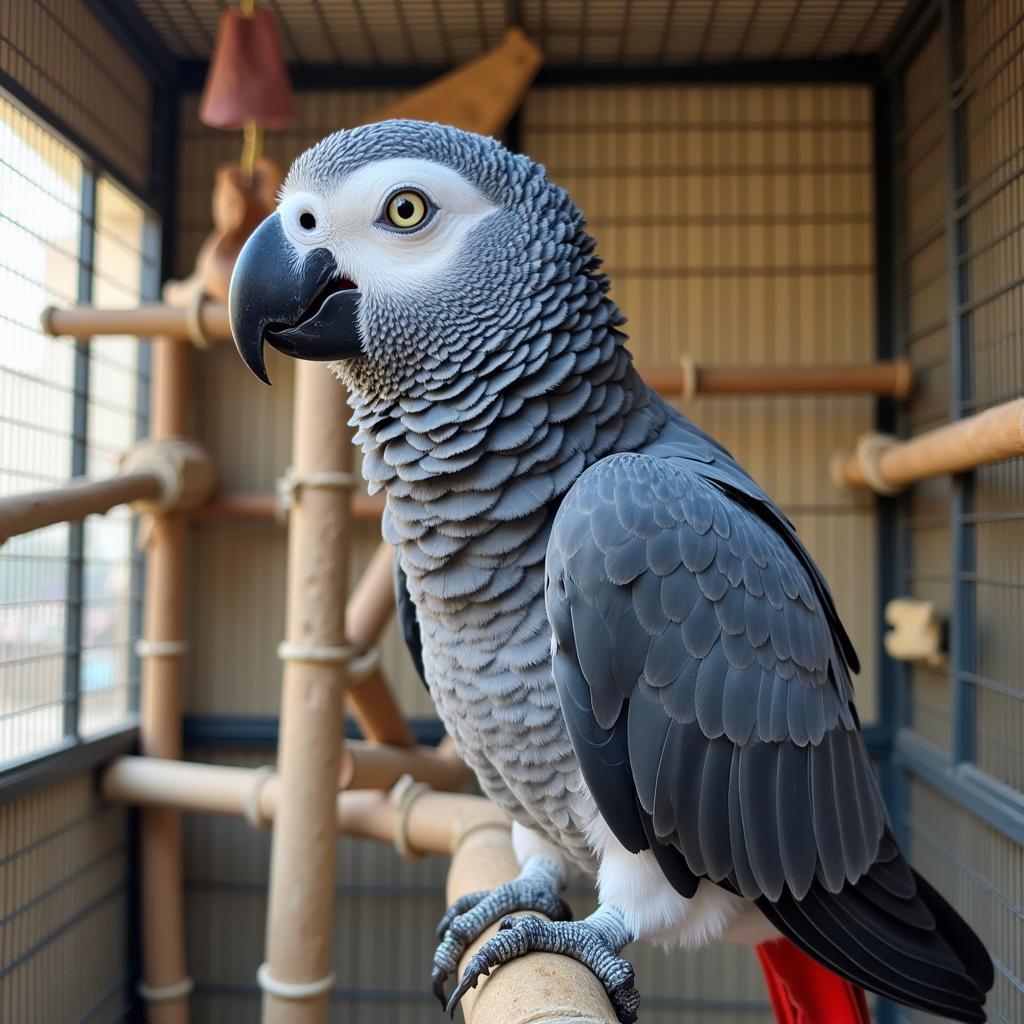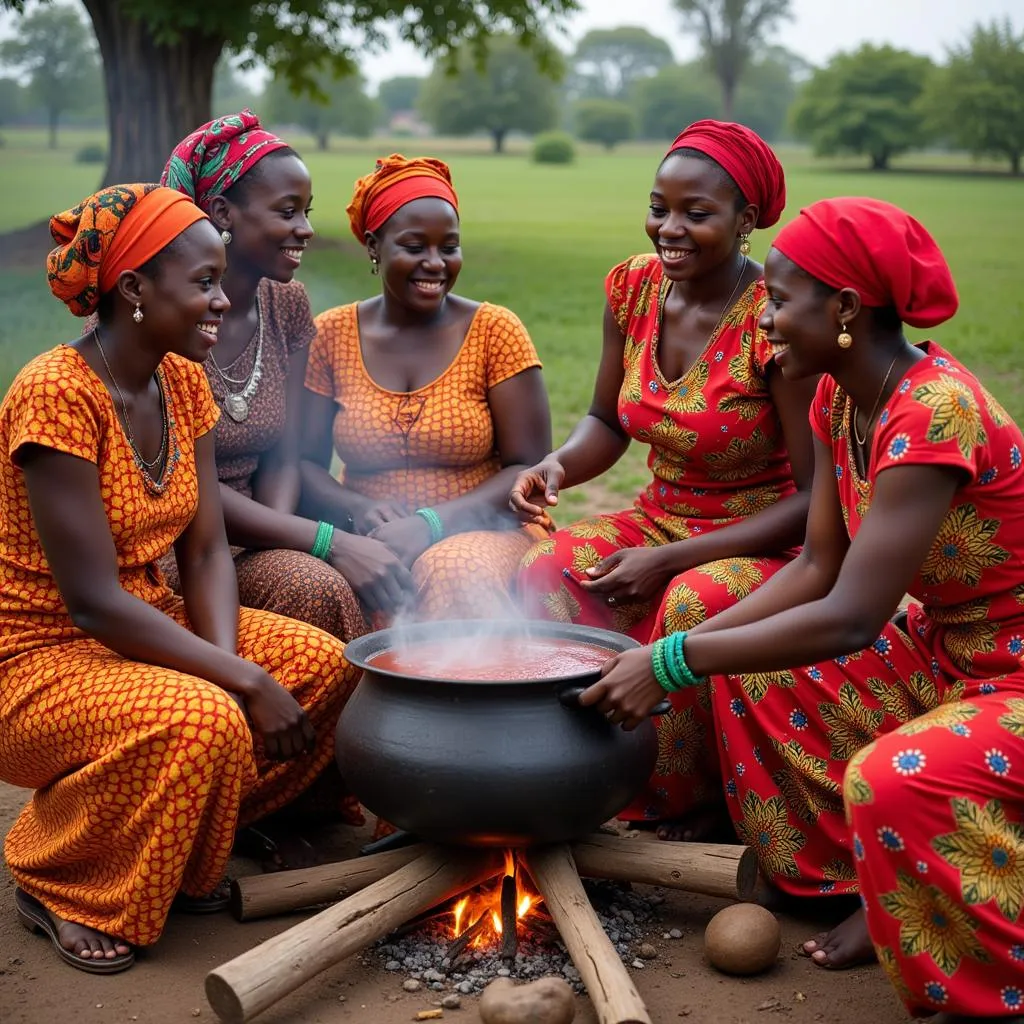Exploring the Complexities of the Term “African Aboriginal”
The term “African Aboriginal” often sparks confusion and raises important questions about identity, history, and cultural representation. While “aboriginal” typically refers to the Indigenous peoples of Australia, applying it to Africa requires a nuanced understanding of the diverse populations and rich histories across the continent. This article delves into the complexities surrounding this term, exploring its implications and highlighting the importance of accurate and respectful language when discussing Africa’s diverse cultures.
Understanding the Term “Aboriginal” in an African Context
Using “aboriginal” to describe African populations can be problematic. It risks conflating distinct Indigenous groups across continents and potentially overshadows the unique identities and histories of various African communities. The term often fails to capture the intricate tapestry of cultures, languages, and traditions that exist within Africa. While the intention might be to acknowledge Indigenous heritage, it’s crucial to employ terminology that reflects the specific context and avoids generalizations. Instead of “African aboriginal,” using terms like “Indigenous peoples of Africa,” “First Nations of Africa,” or referring to specific ethnic groups is more accurate and respectful. For instance, the San people of Southern Africa, the Berber people of North Africa, or the various ethnic groups within the Congo Basin all possess distinct heritages that deserve individual recognition. Focusing on specific groups and their unique histories offers a richer and more accurate representation of Africa’s cultural diversity.
Why Precision Matters When Discussing African Cultures
Using precise language acknowledges the agency and self-identification of African communities. Generic terms can erase the rich tapestry of languages, customs, and histories that define individual groups. It’s essential to avoid homogenizing a continent as diverse as Africa. Imagine the richness of exploring the unique artistic traditions of the african aboriginal art. Accurate terminology is the first step in appreciating the complexities of African cultures. Dr. Anika Nkosi, a prominent anthropologist specializing in African studies, emphasizes, “Specificity honors the distinct narratives of African peoples. Generalizations, however well-intentioned, can diminish the richness and depth of their individual stories.”
Exploring the Diversity of Indigenous African Tribes
Africa is home to countless ethnic groups, each with its own unique culture, language, and history. From the african desert tribes to the forest-dwelling communities, the continent’s human landscape is incredibly varied. Understanding this diversity requires moving beyond broad terms and engaging with the specificities of each group. This nuanced approach fosters a deeper appreciation for the cultural richness of Africa.
What are Some Examples of Indigenous African Tribes?
The continent boasts a vast array of Indigenous communities. The San people of Southern Africa are renowned for their ancient rock art and hunter-gatherer lifestyle. The Maasai of East Africa are known for their distinctive clothing and pastoral traditions. The Yoruba people of West Africa have a rich cultural heritage encompassing intricate art, music, and religious beliefs. These are just a few examples of the numerous Indigenous groups that contribute to Africa’s rich tapestry of cultures. Exploring the african aboriginal tribes reveals the incredible diversity and historical depth of the continent. Professor Kwame Asante, a historian specializing in African Indigenous populations, states, “Each tribe offers a unique window into the human experience. Their stories, traditions, and resilience are testaments to the enduring power of culture.”
Recognizing and Respecting Cultural Identity in Africa
Recognizing the specific identities of African communities is crucial for fostering respect and understanding. Using accurate language and engaging with the unique histories and traditions of different groups helps combat stereotypes and promotes a more nuanced and appreciative perspective on African cultures. This awareness is essential for respectful cross-cultural interactions and collaborations. Consider the fascinating intersection of cultures highlighted in african dating australia, where individuals from diverse backgrounds connect and build relationships.
How Can We Learn More About Specific African Cultures?
Engaging with reputable sources, such as academic research, documentaries, and cultural organizations, provides valuable insights into specific African cultures. Directly interacting with community members, when possible, offers firsthand perspectives and fosters mutual understanding. Exploring resources like [african art paintings of animals](https://omenkamag.com/african-art-paintings-of animals/) offers a glimpse into the artistic expressions and cultural values of different groups. Continuous learning and respectful engagement are key to appreciating the rich tapestry of African cultures.
In conclusion, while the term “African aboriginal” might be used with good intentions, it’s essential to understand its potential pitfalls and opt for more accurate and respectful language. Focusing on the specific identities, histories, and cultural expressions of individual groups offers a far richer and more nuanced understanding of the incredible diversity of Africa’s Indigenous populations. By embracing precise terminology and engaging with diverse perspectives, we can contribute to a more informed and appreciative understanding of African cultures.
FAQ:
- What’s the best way to refer to Indigenous populations in Africa?
- What are some of the most prominent Indigenous groups in Africa?
- Where can I find reliable resources to learn more about specific African cultures?
- Why is it important to use accurate terminology when discussing African cultures?
- How can I engage respectfully with African communities and their cultural heritage?
- What are some common misconceptions about African cultures?
- How does language contribute to shaping cultural identity in Africa?
Other questions you may have:
- How have colonization and globalization impacted Indigenous cultures in Africa?
- What are the current challenges faced by Indigenous communities in Africa?
- What role does art play in preserving and expressing African cultural identity?
For more information, explore these related articles on our website:
- African Indigenous Languages
- The Impact of Climate Change on African Communities
- Traditional African Music and Dance
When you need assistance, please contact us: Phone: +255768904061, Email: [email protected] or visit our office at Mbarali DC Mawindi, Kangaga, Tanzania. We have a 24/7 customer service team.


